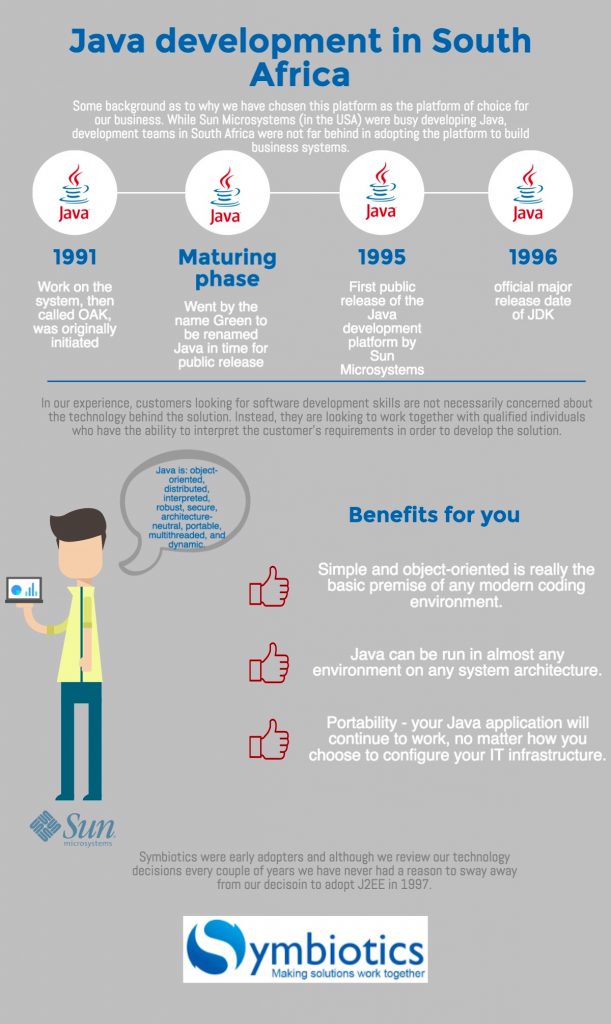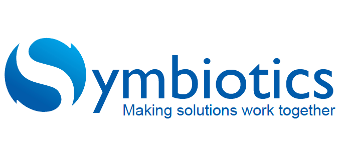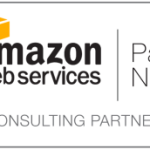An introduction to Java Development in South Africa

Java development in South Africa has kept pace with international development, having a relatively short history of just 20 years.
The first public release of the Java development platform by Sun Microsystems took place in 1995, as Java 1.0, but the official major release date of JDK 1.0 is recorded as January 21 1996. Work on the system, then called OAK, was originally initiated in 1991. As the project matured, it went by the name Green to be renamed Java in time for public release. You guessed it – it was named after Java Coffee!
This blog is not intended as a history lesson, but rather to provide some background as to why we have chosen this platform as the platform of choice for our business.
In our experience, customers looking for software development skills are not necessarily concerned about the technology behind the solution. Instead, they are looking to work together with qualified individuals who have the ability to interpret the customer’s requirements in order to develop the solution.
While the technology should not be the primary focus, it should be addressed in order to ascertain that it is the right fit for the task at hand.
Sun Microsystems describe Java as follows:
Java is a simple, object-oriented, distributed, interpreted, robust, secure, architecture-neutral, portable, multithreaded, and dynamic.
So how does this translate into benefits for you?
Simple and object-oriented is really the basic premise of any modern coding environment. After all the idea of writing code is to automate tedious or time-consuming tasks. Therefore, write one piece of code to run multiple times. Java is true to this promise.
The fact that Java can be run in almost any environment on any system architecture is a testament to the above. Unlike other systems that rely on a specific architecture to perform. This is one of the top reasons why Java is such a popular tool for the web development today. It also means that you can continue to use the systems you have already invested in & have used for years with any new system that is developed in Java.
Portability is another major benefit, especially in today’s constantly evolving world of cloud and hosted infrastructures. You could run your Java application on your in-house servers and easily switch across to a cloud environment. Your Java application will continue to work, no matter how you choose to configure your IT infrastructure.
A sound business choice
While this blog only scratches the surface of the benefits of using Java as a development platform, we think it explains why we have built our company around it.
Java is built for business. The very nature of the scalability allows for systems to start small and grow as needs dictate. No matter how fast your company grows, your Java application will grow with you.
Symbiotics were early adopters and although we review our technology decisions every couple of years we have never had reason to sway away from our decision to adopt J2EE in 1997.
If you have a great idea that requires development skills, why not contact us today?
You can also read more about Symbiotics Custom Software Development services.



